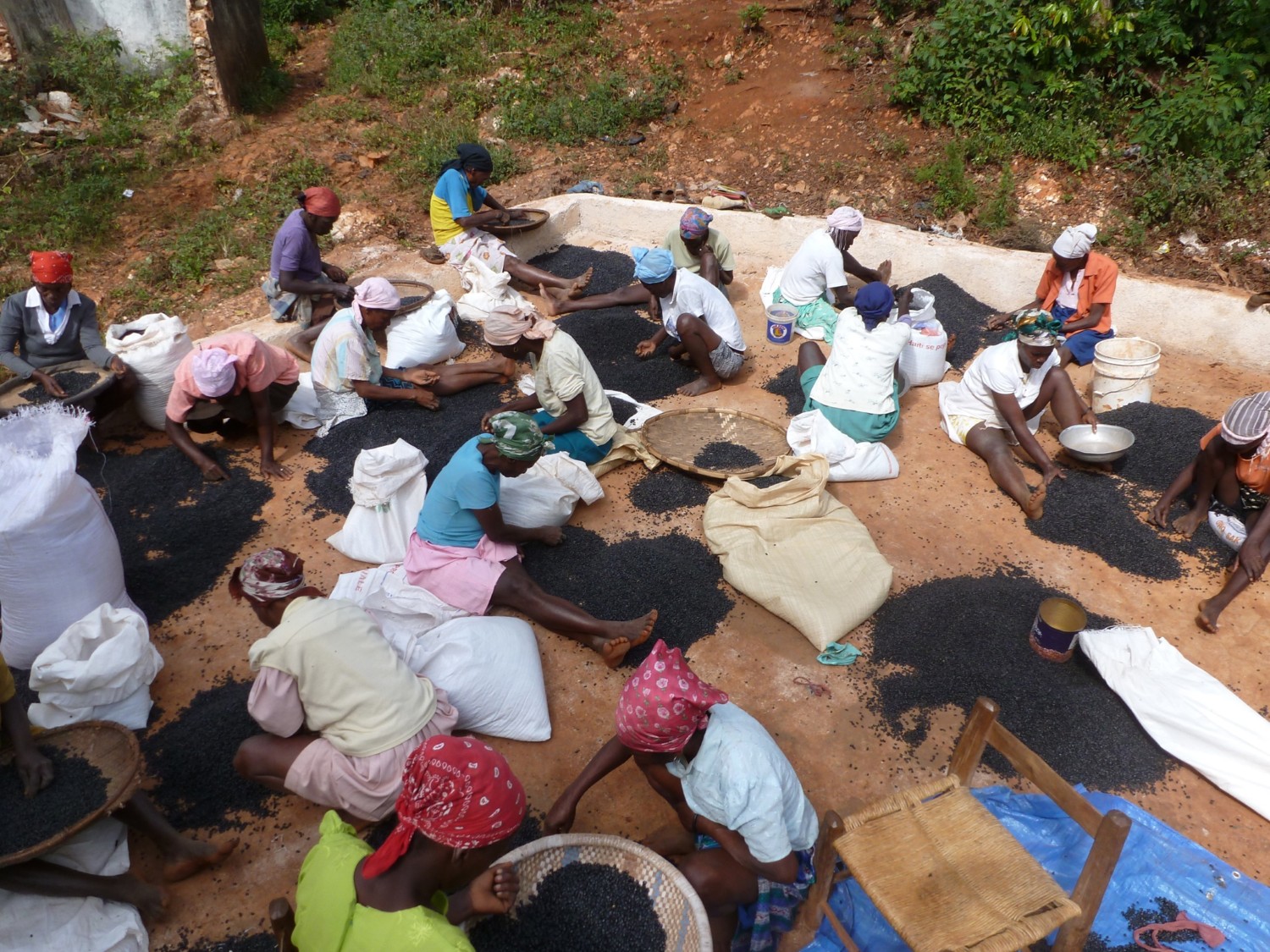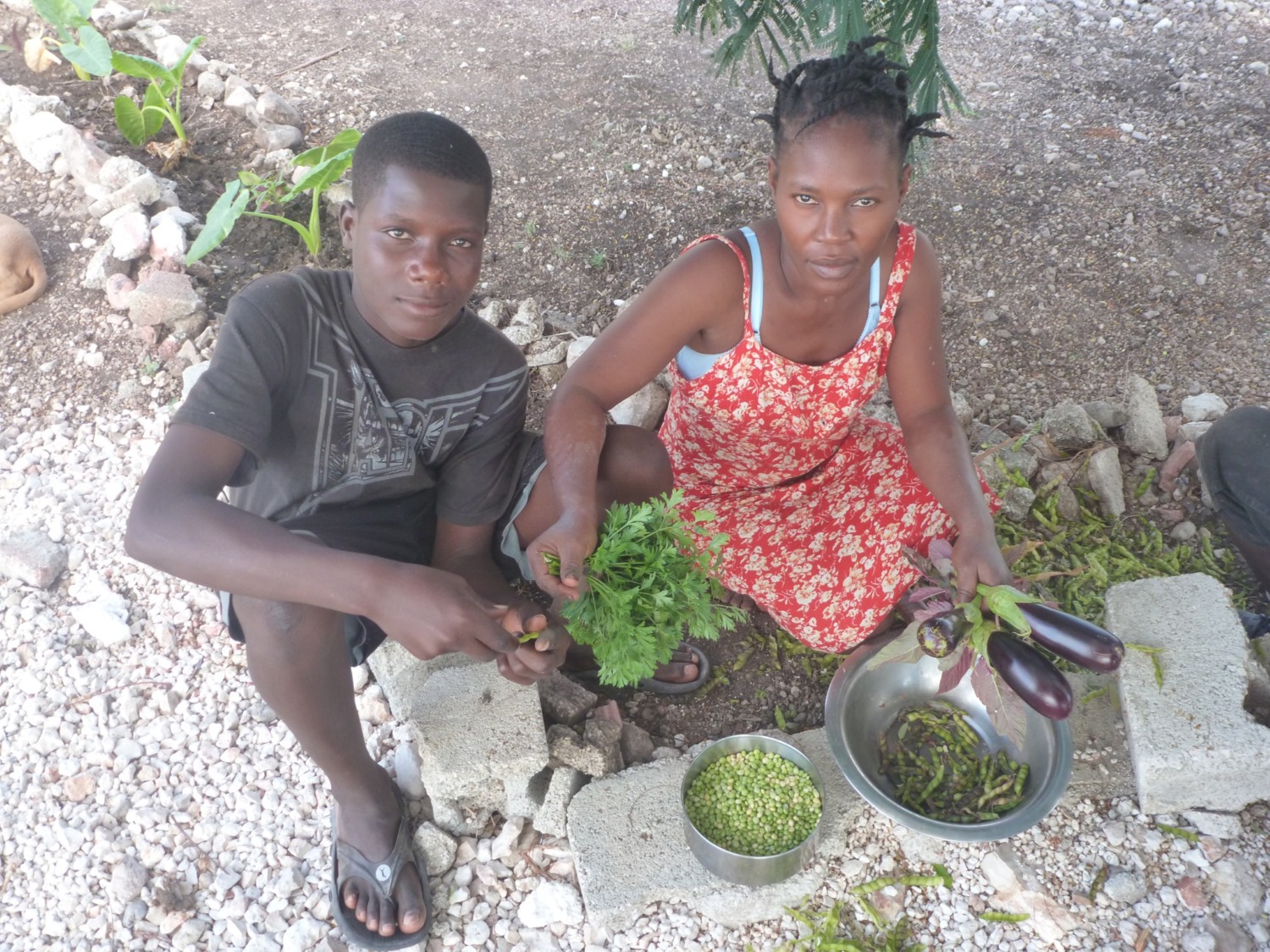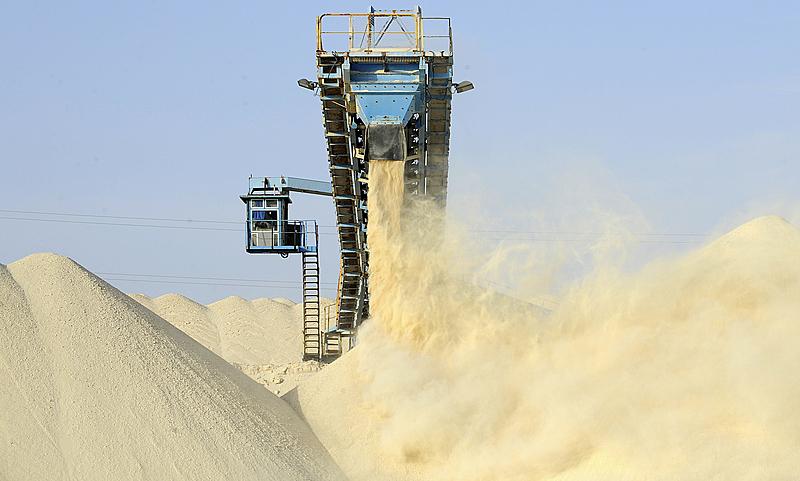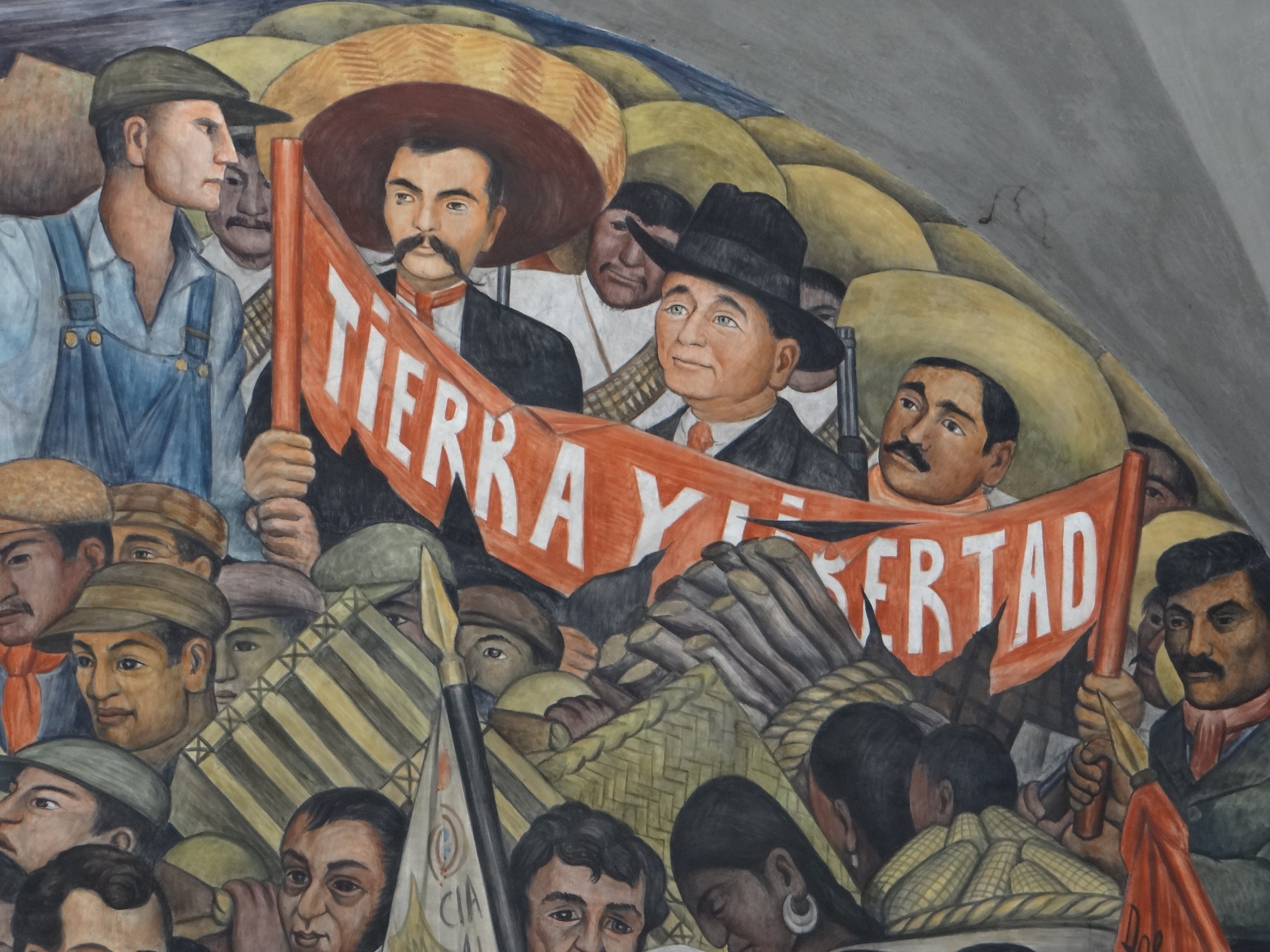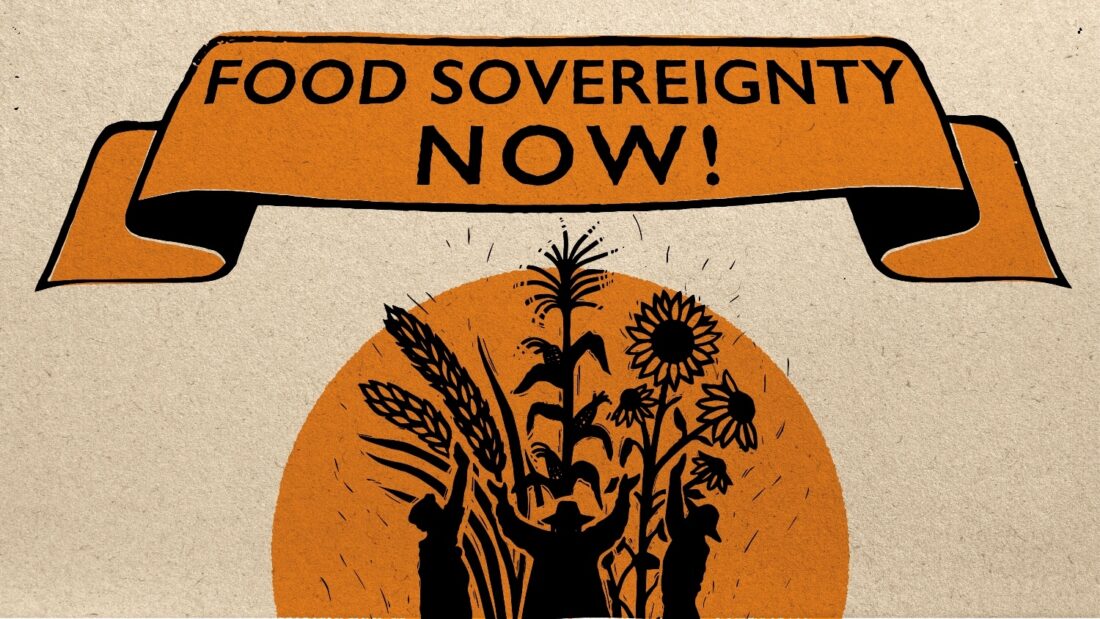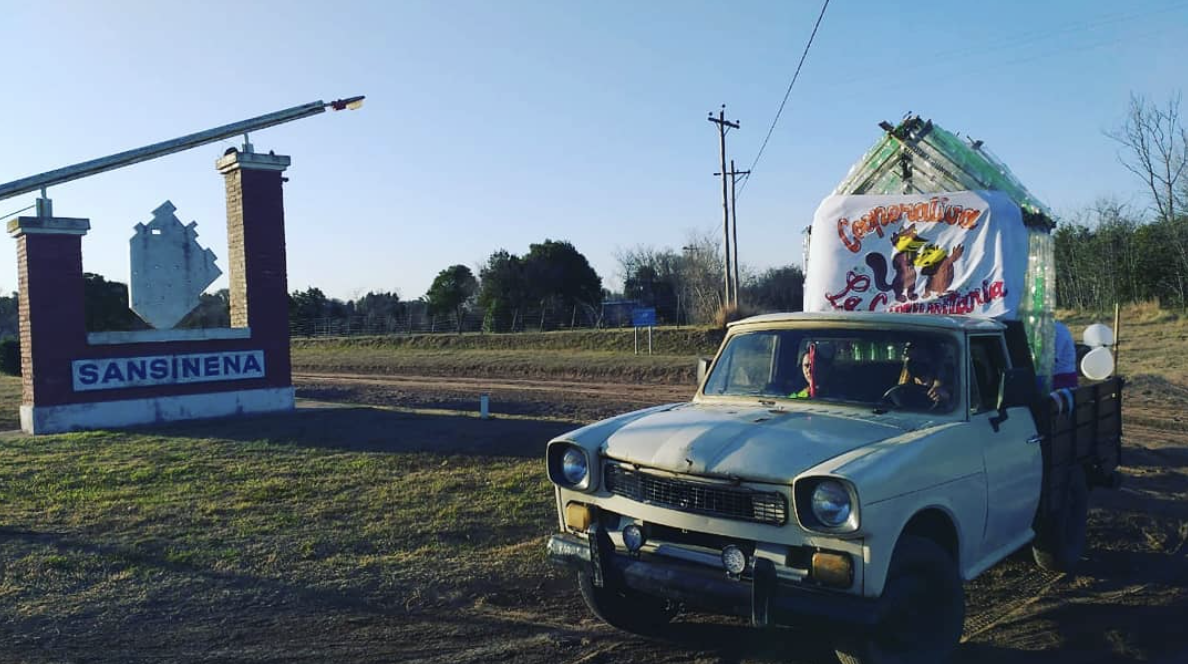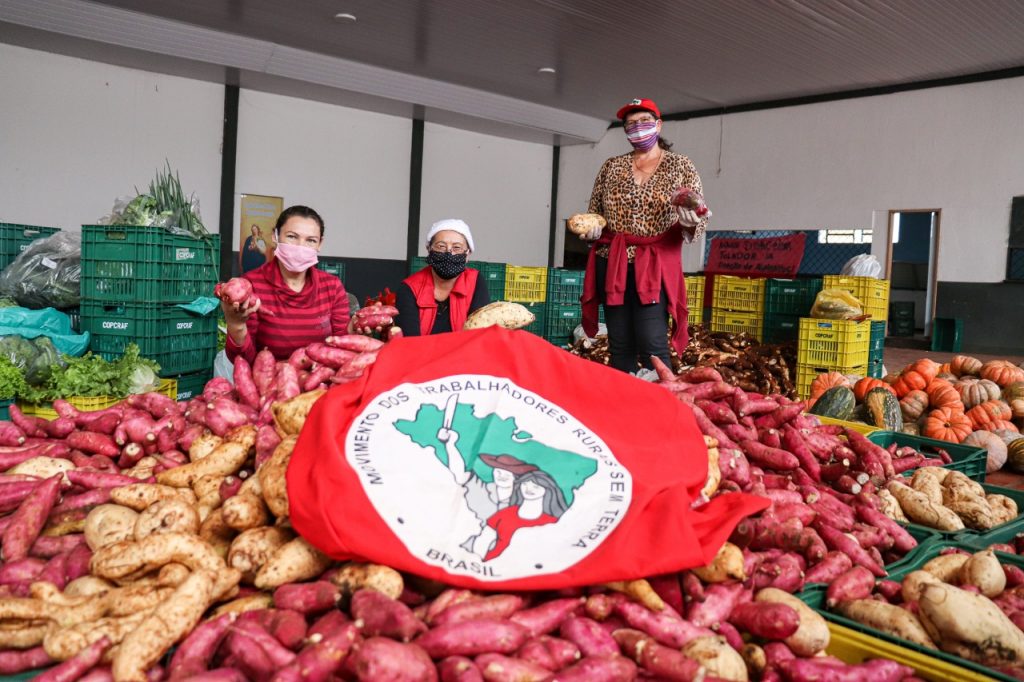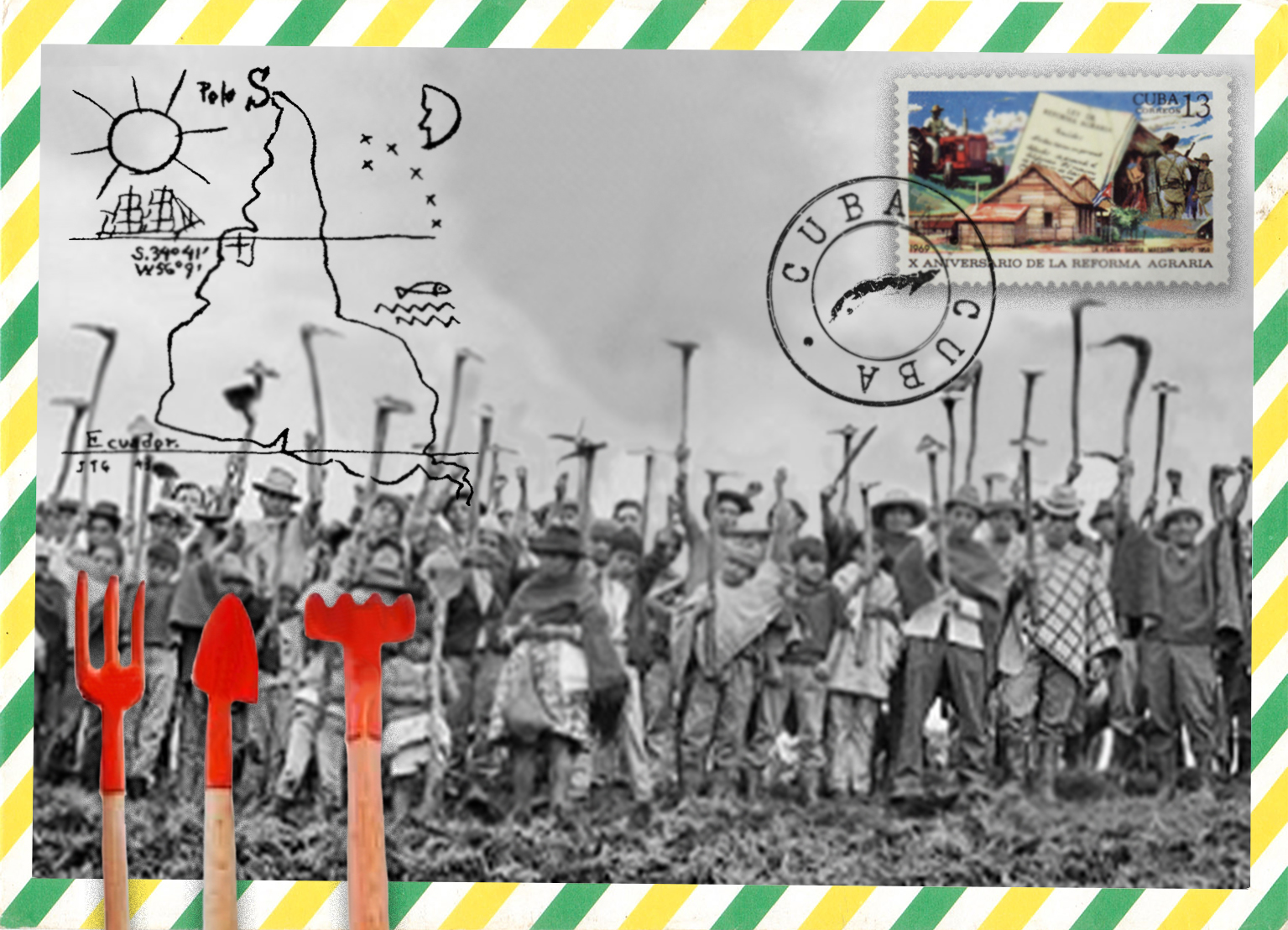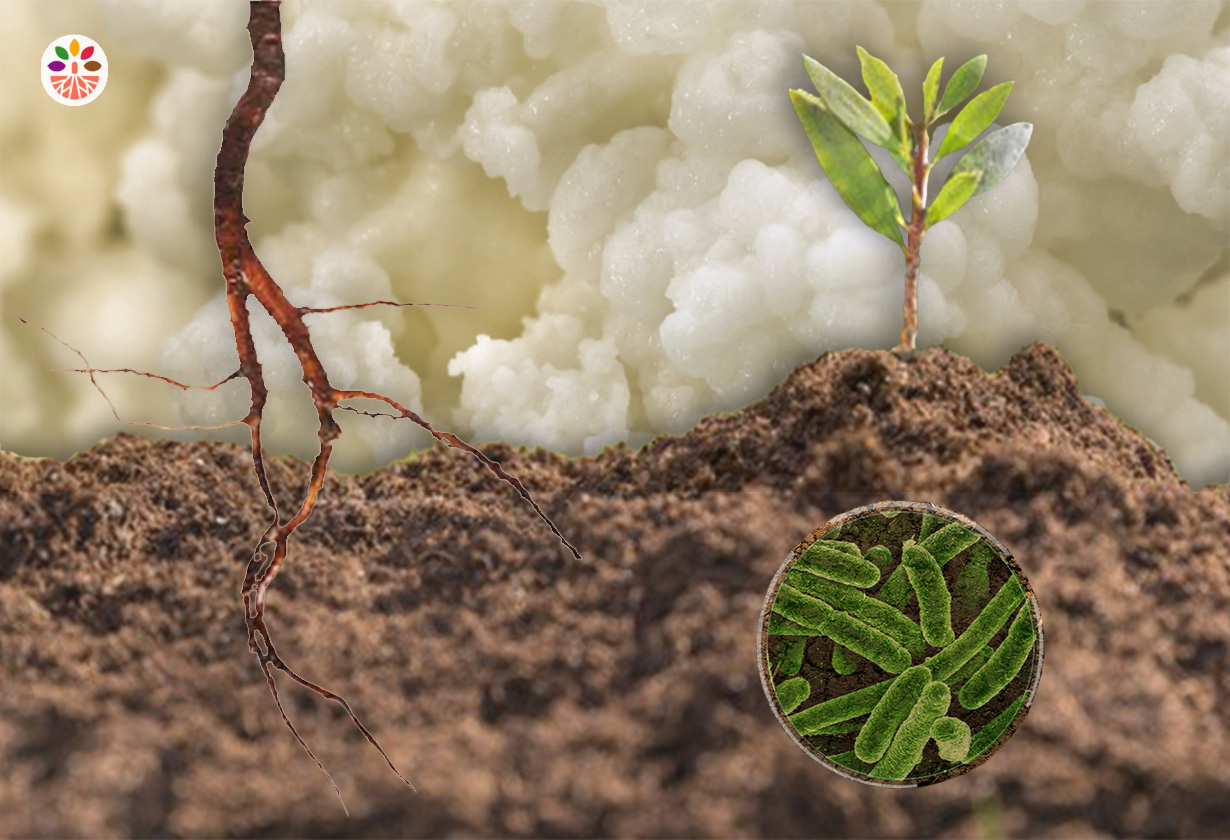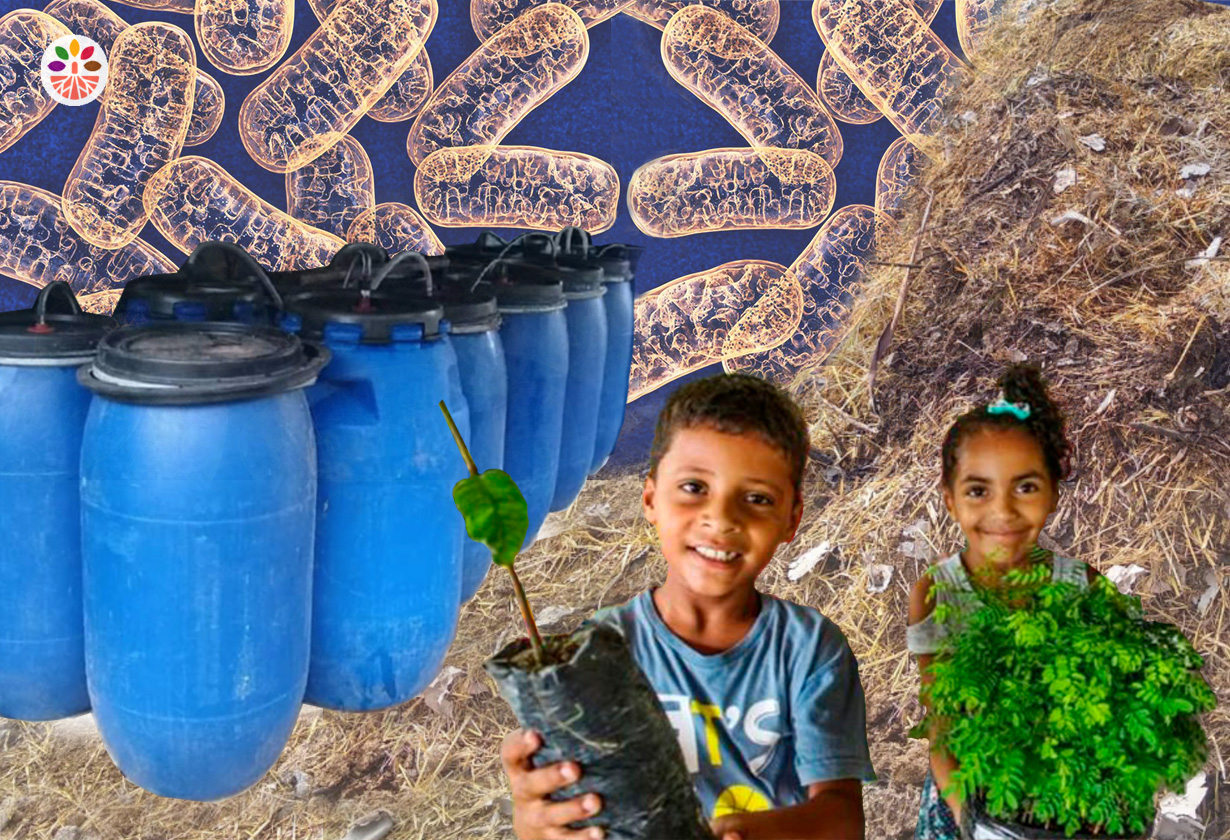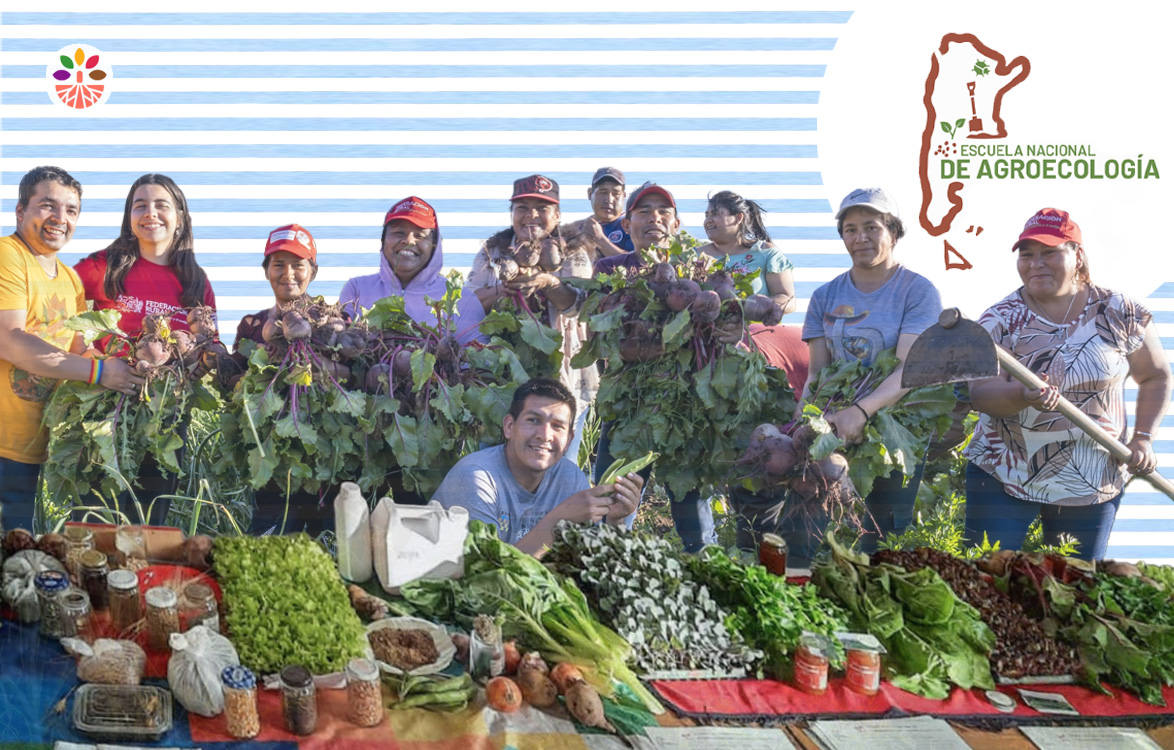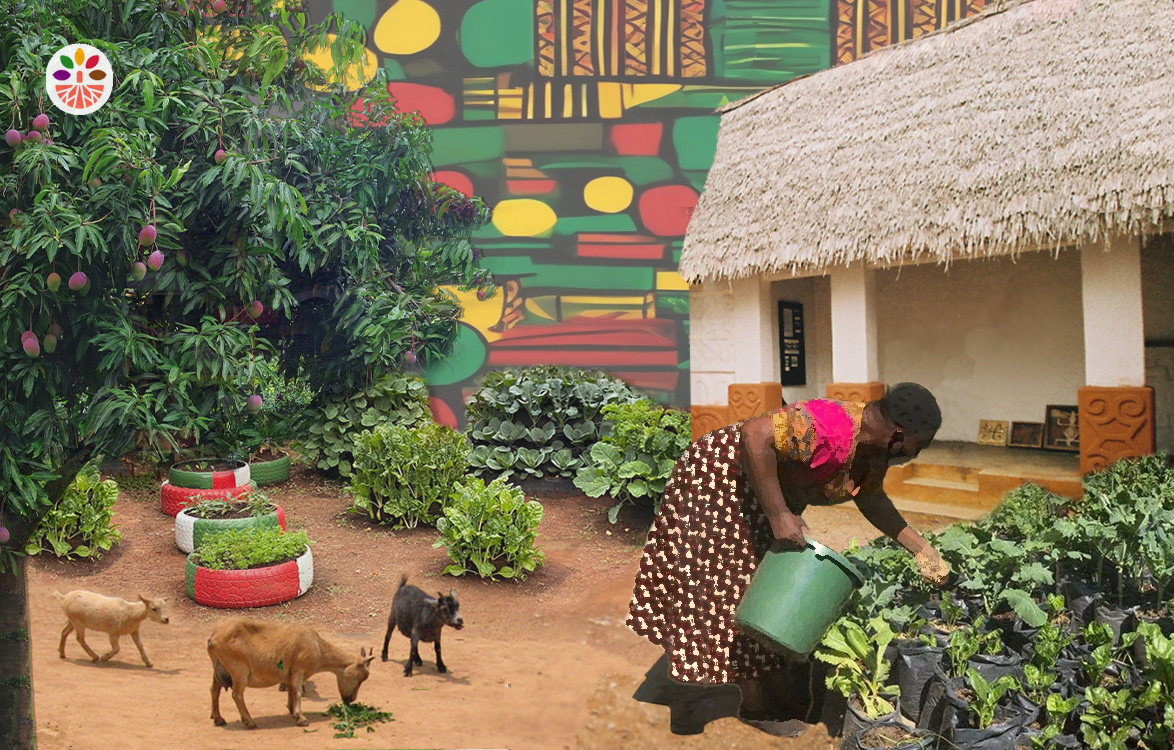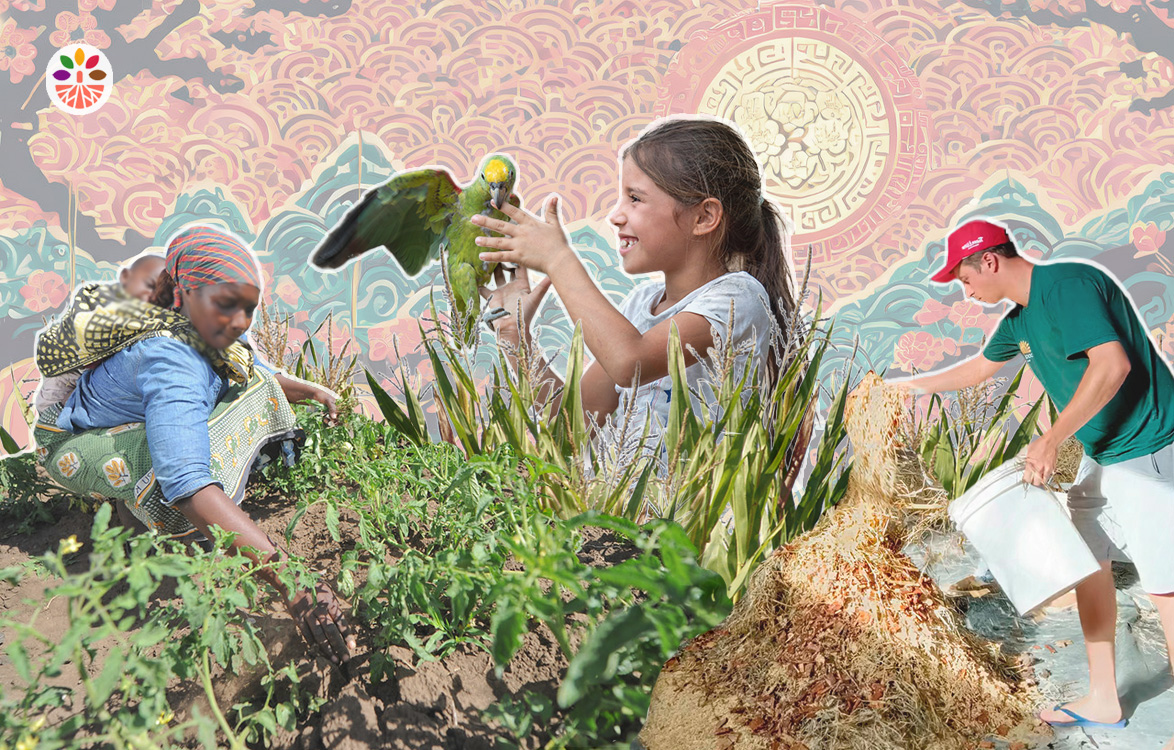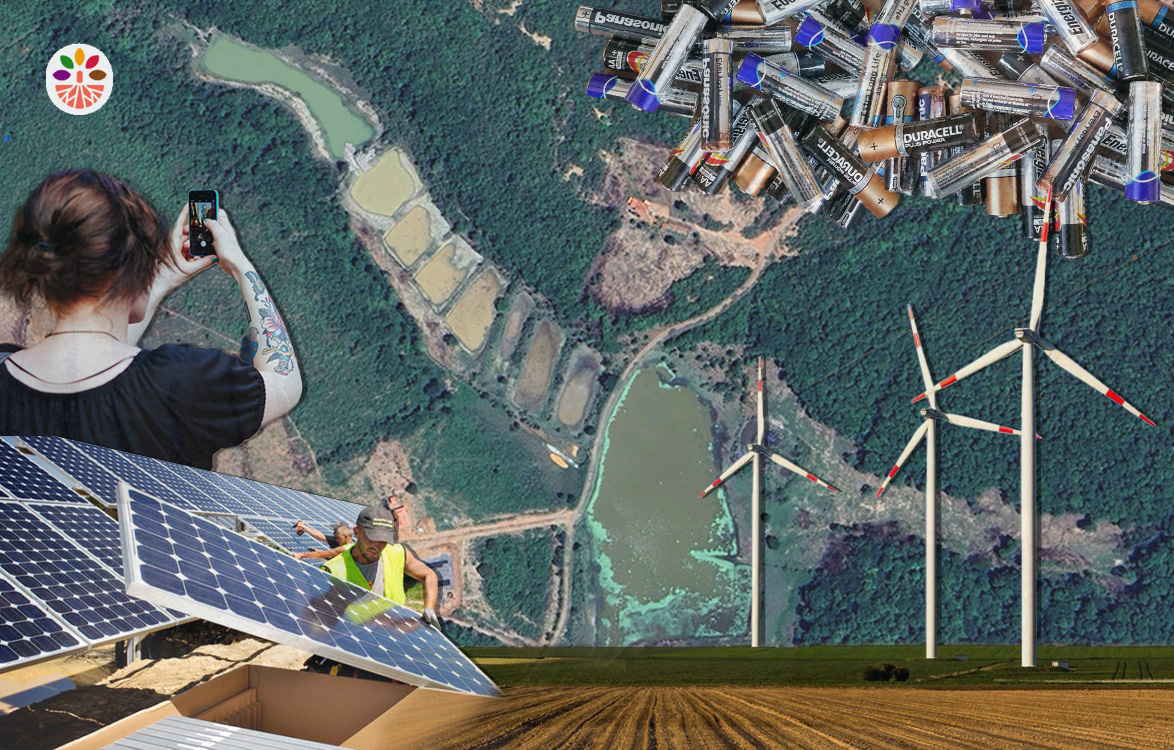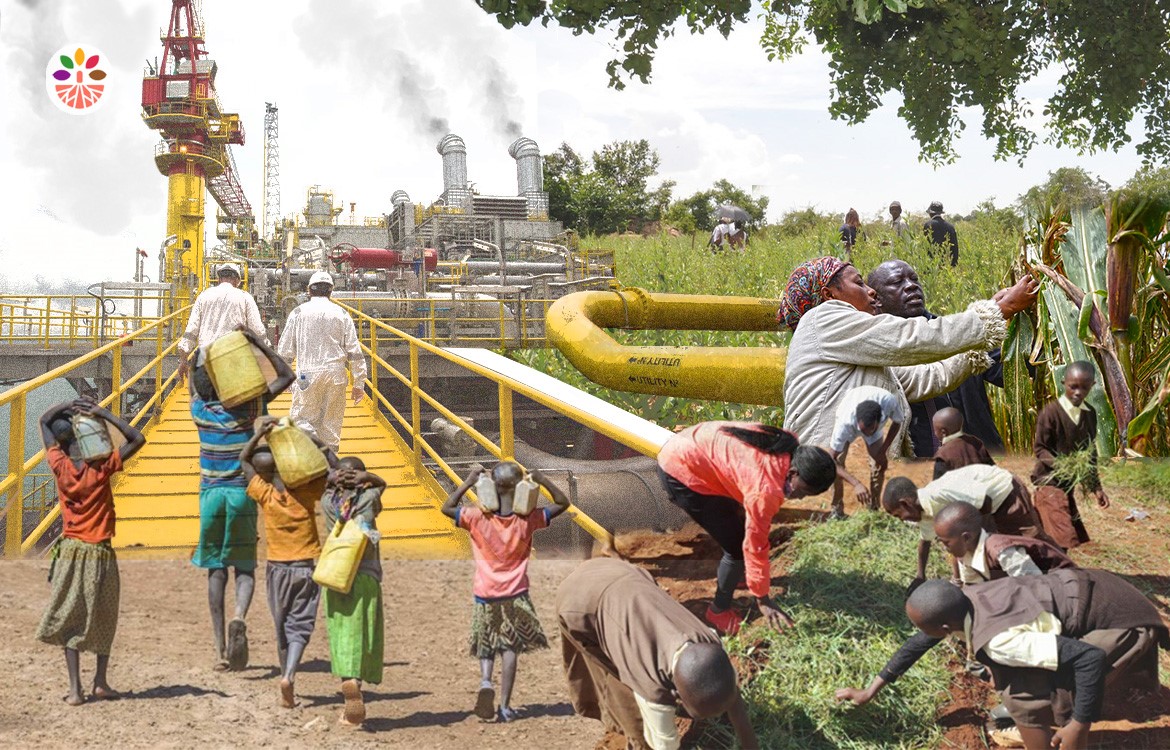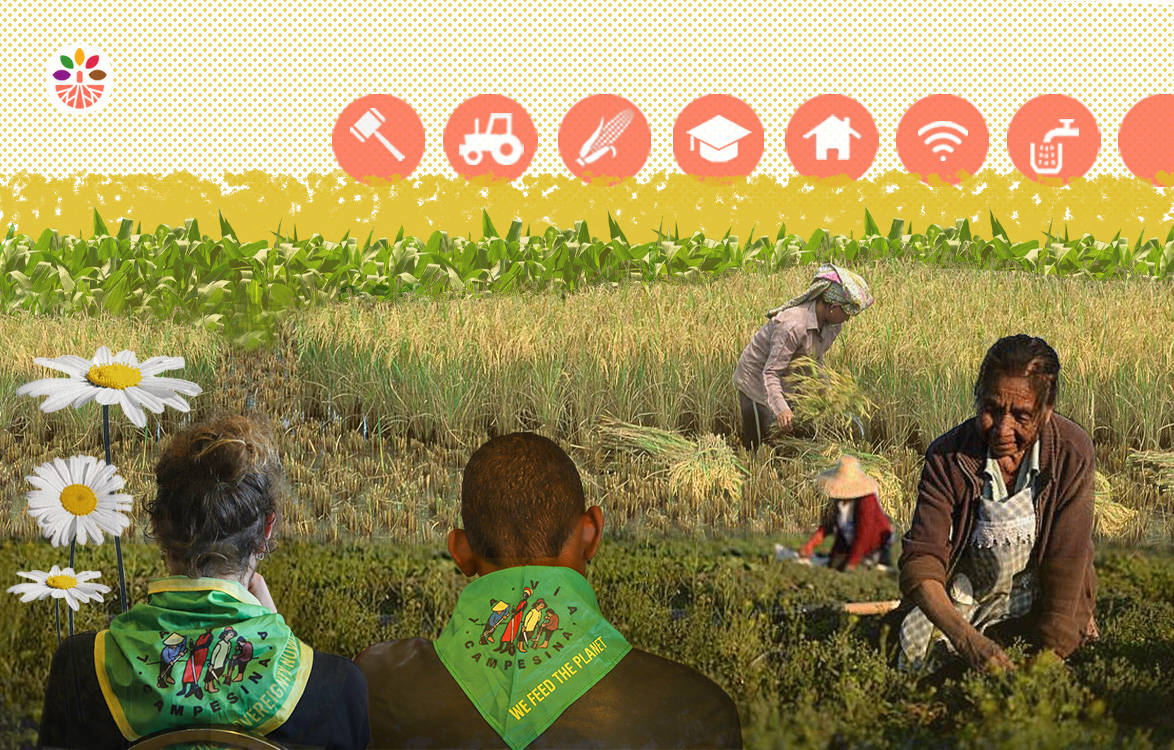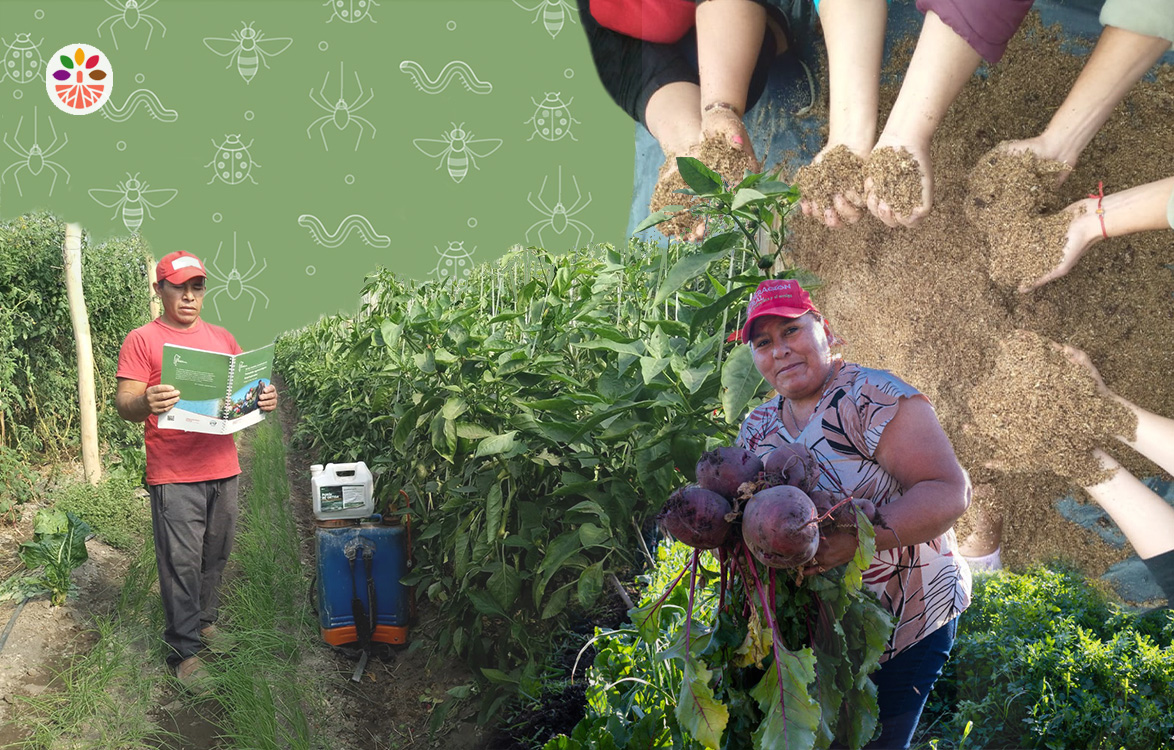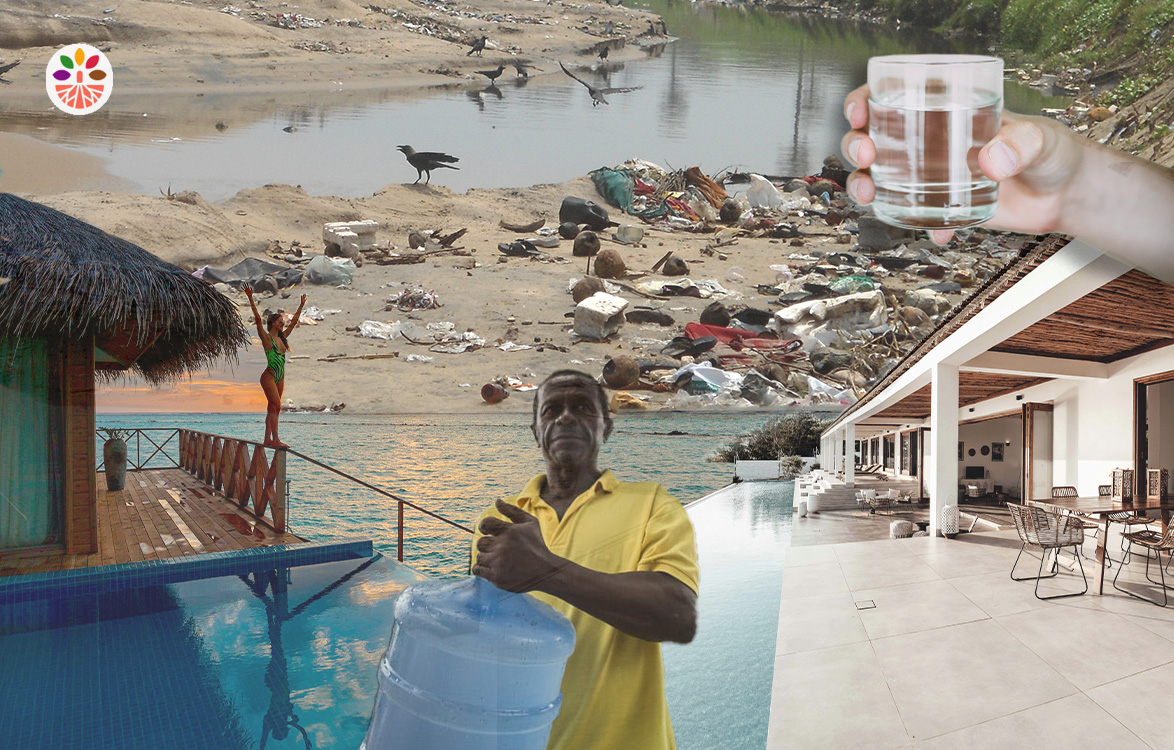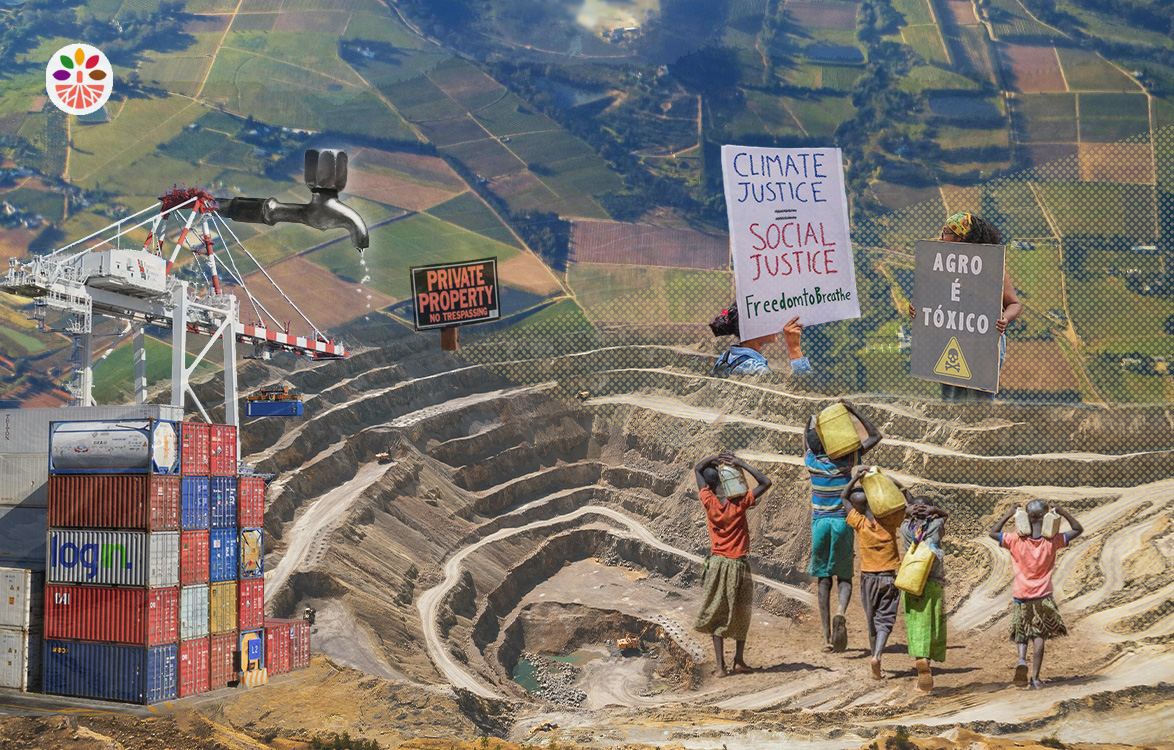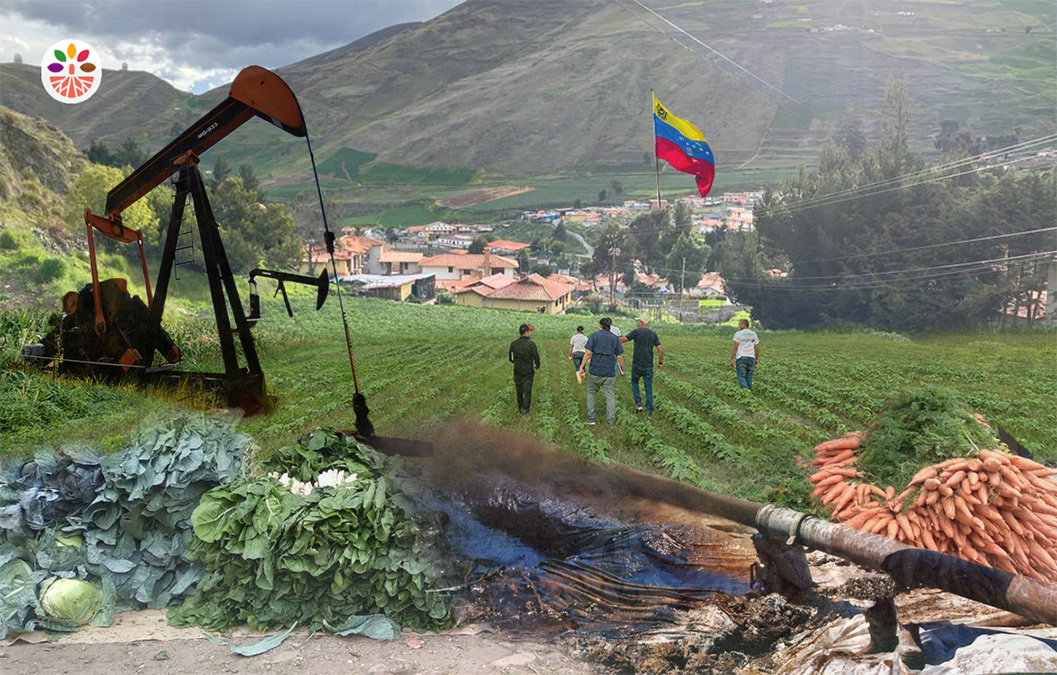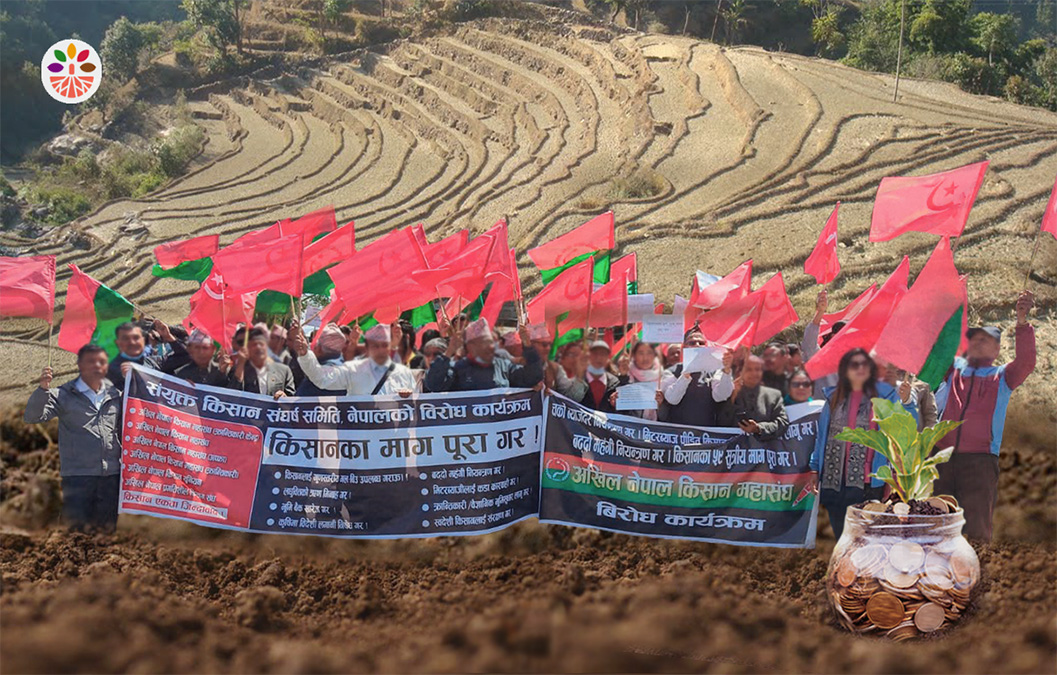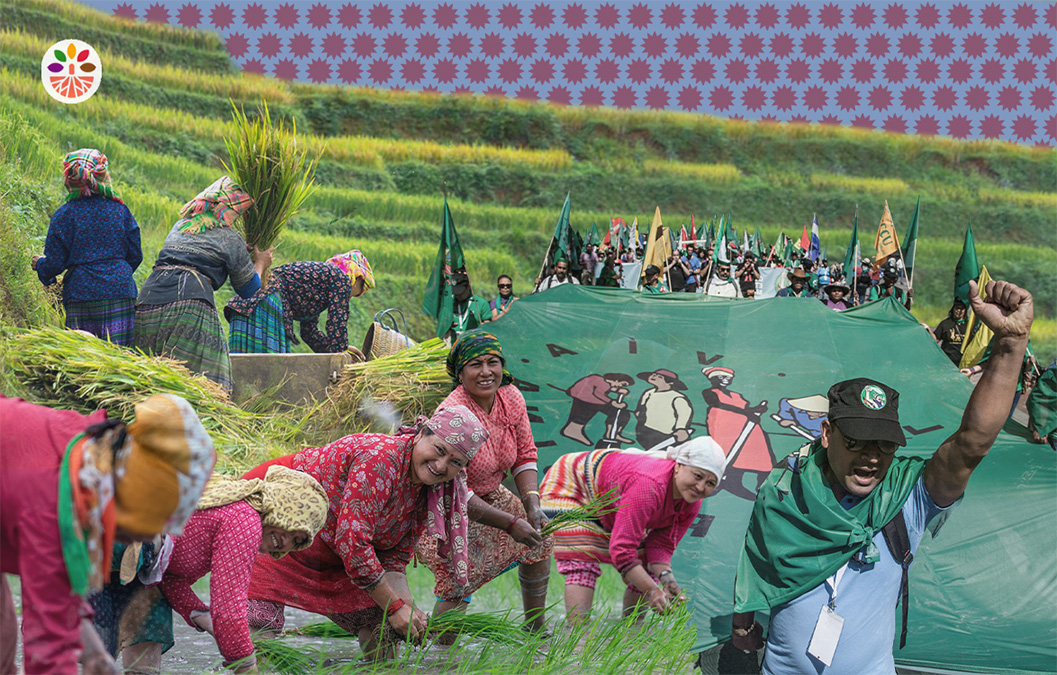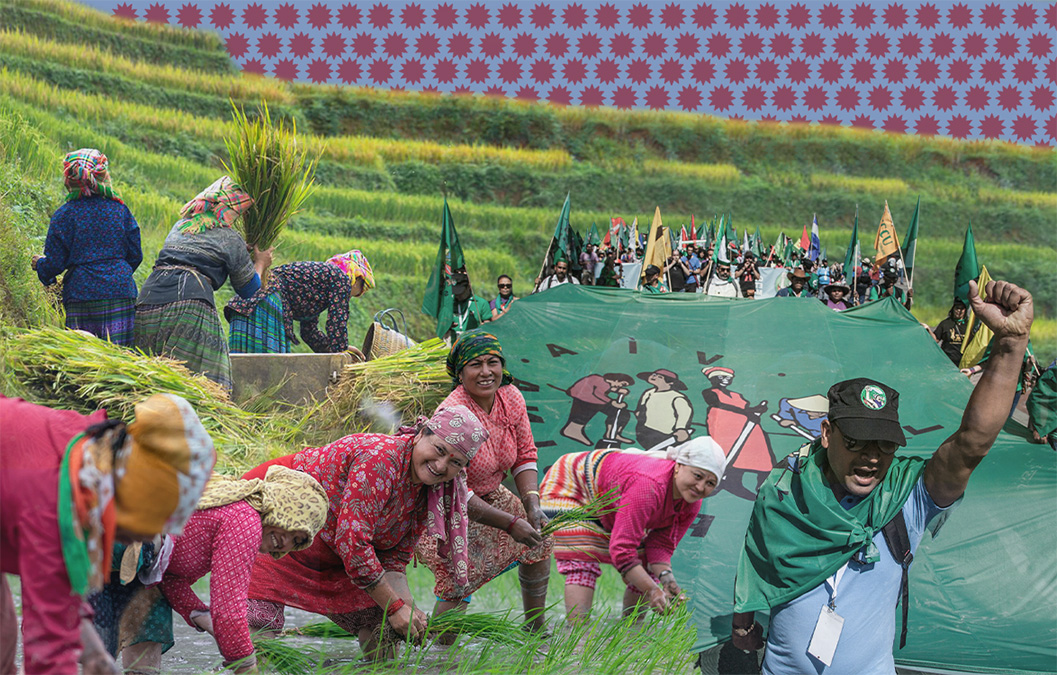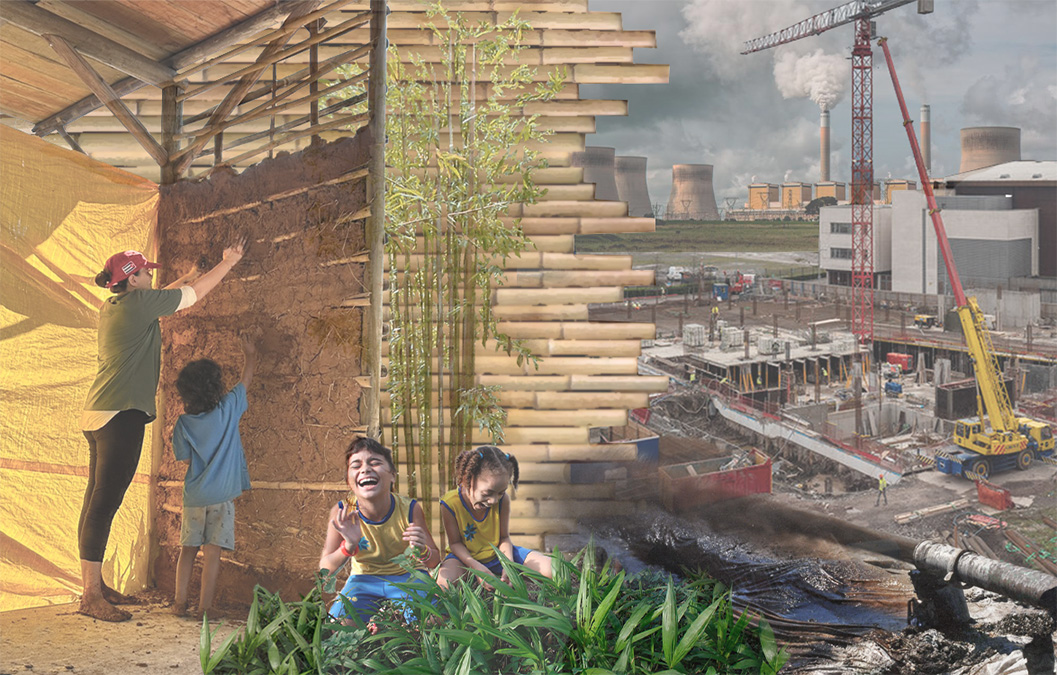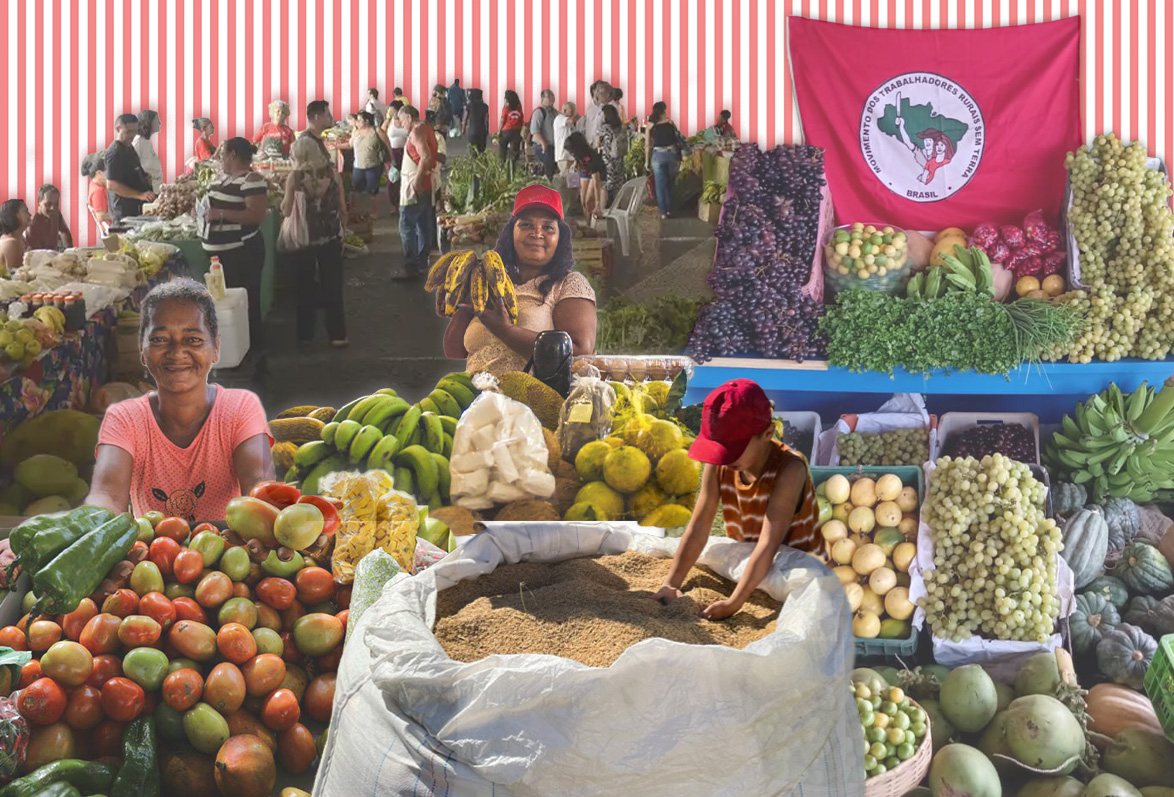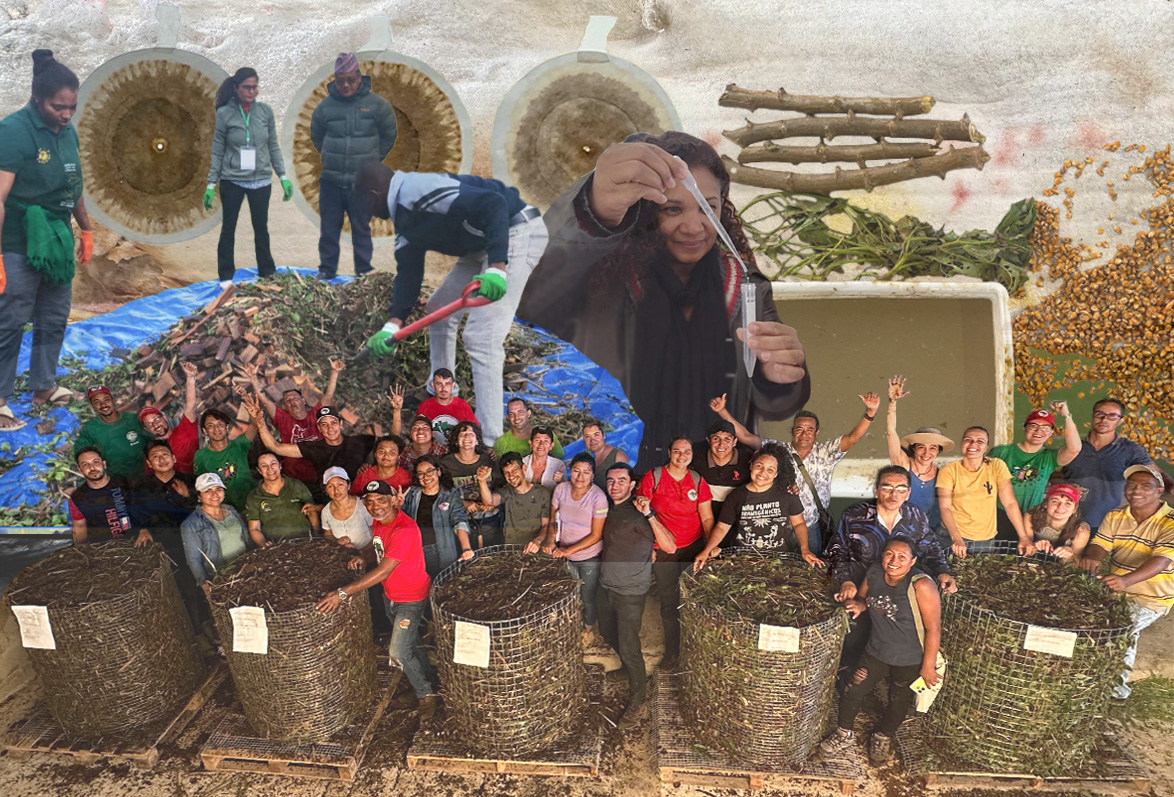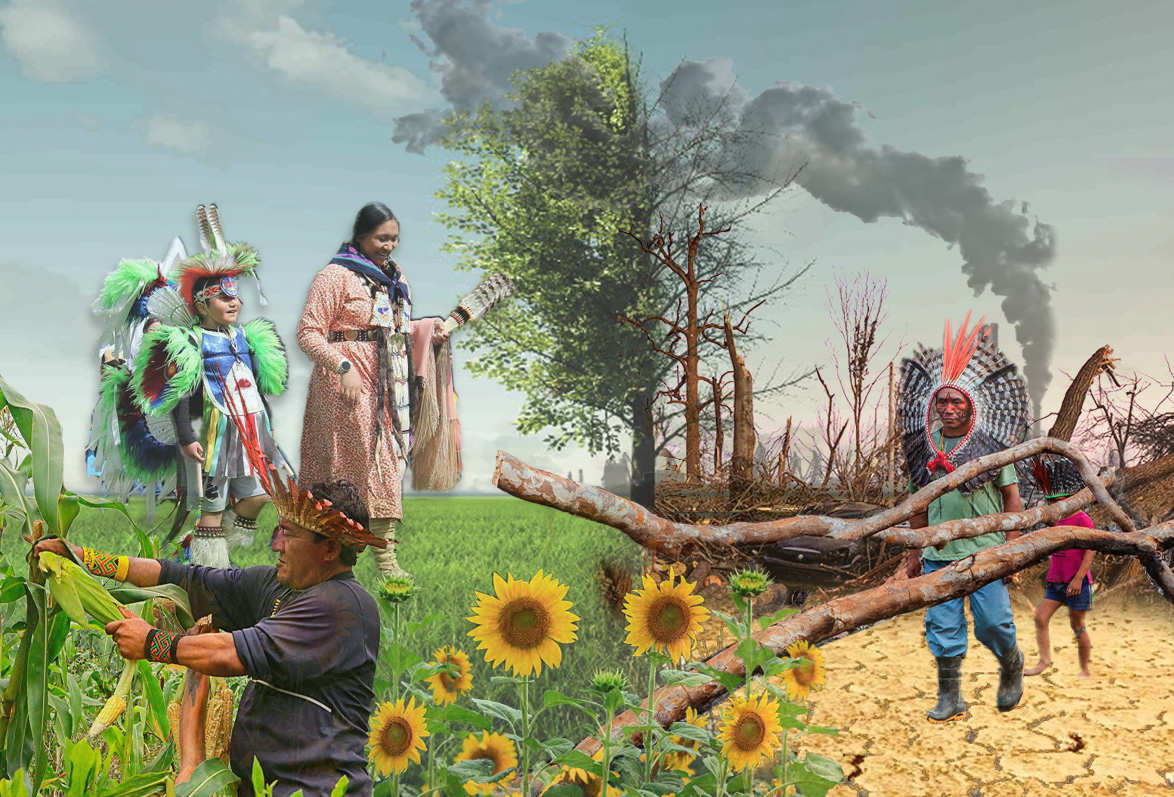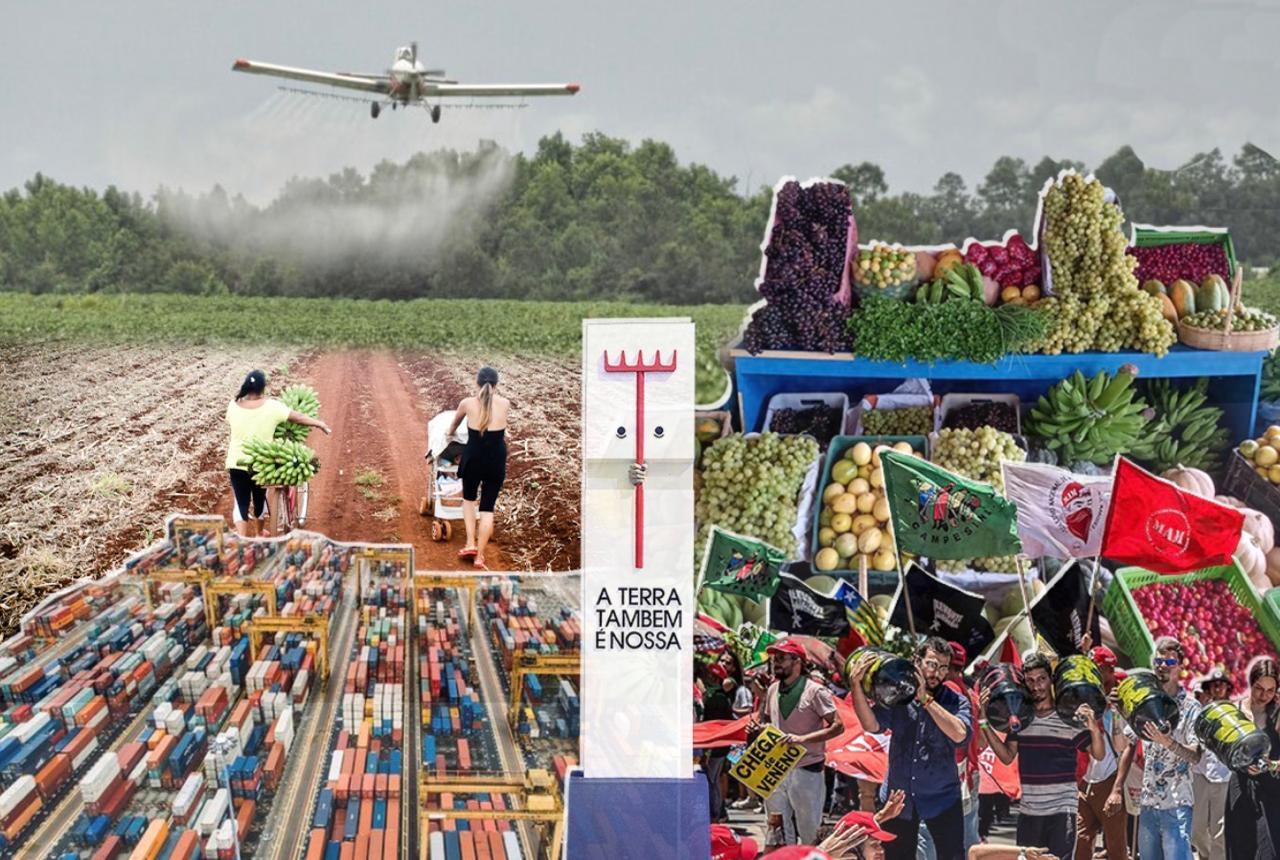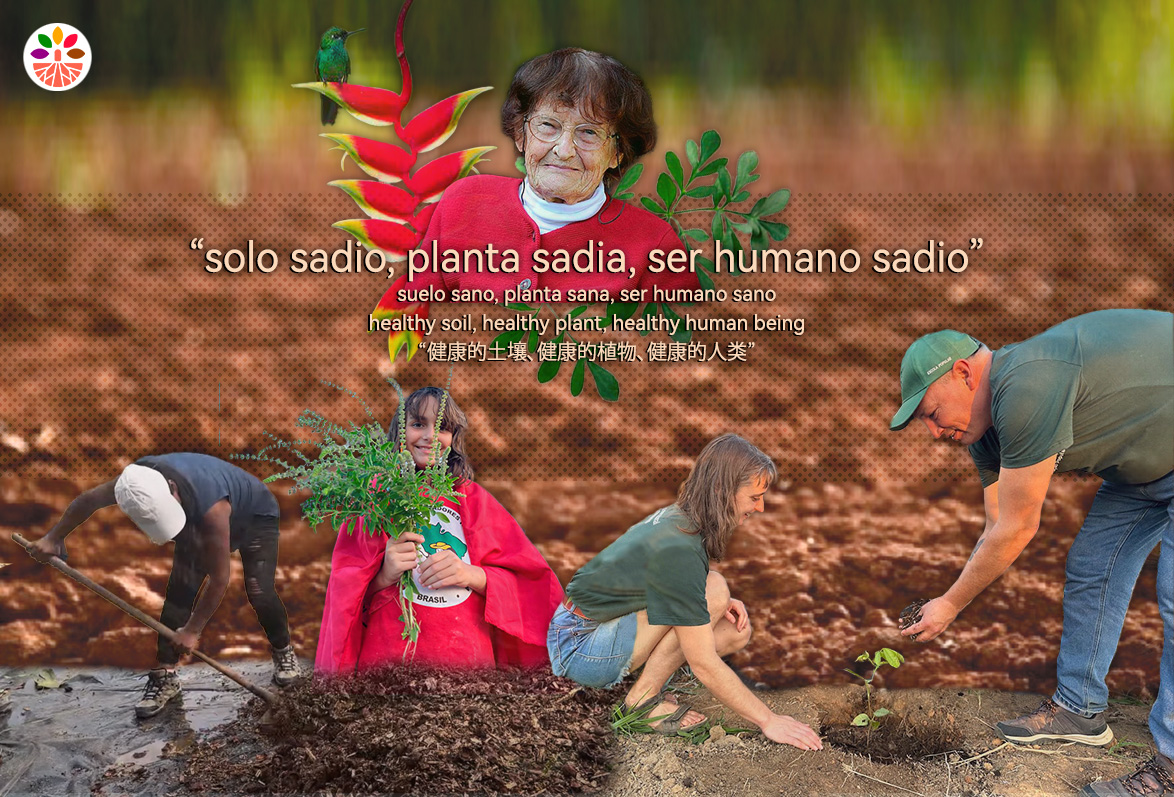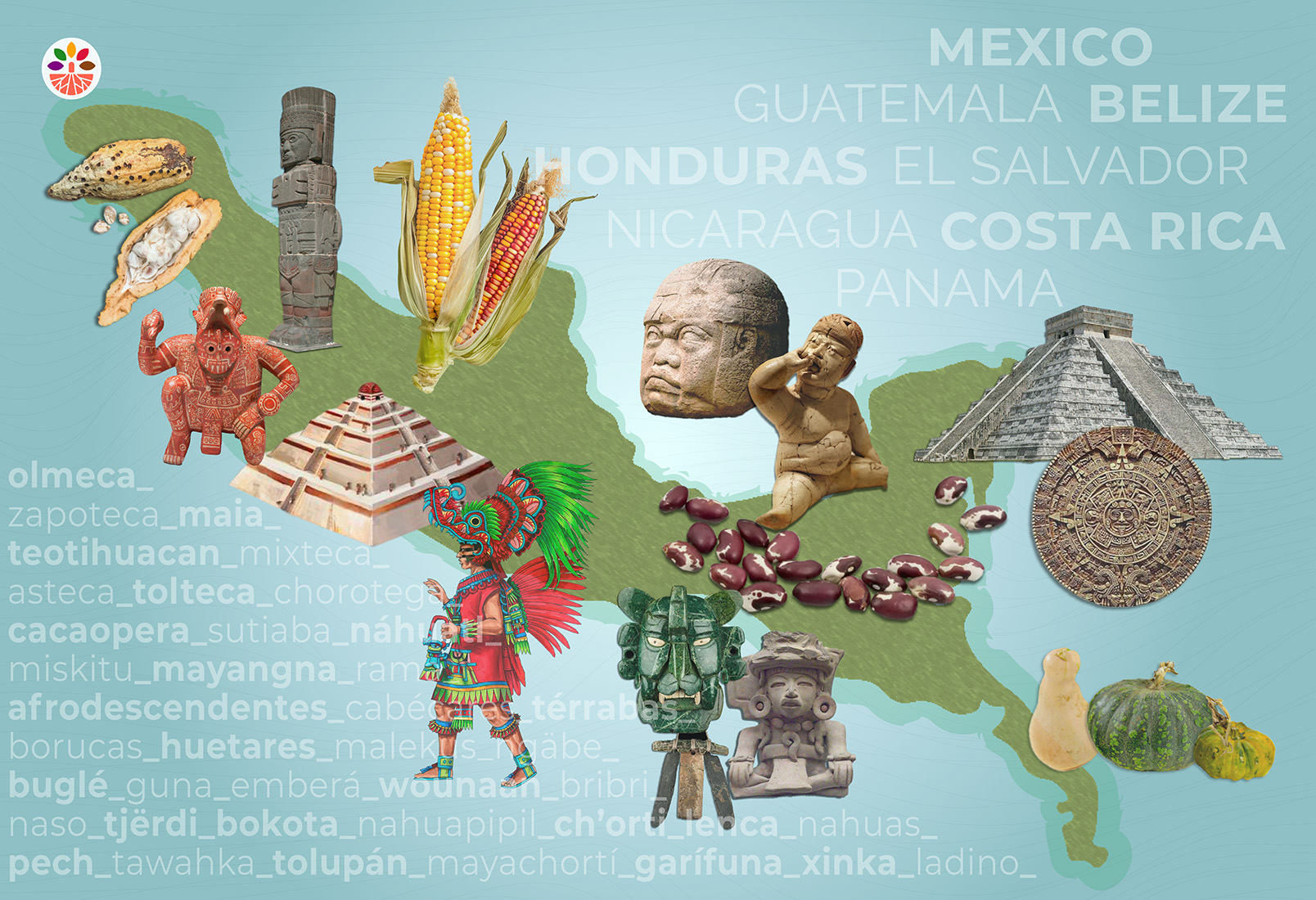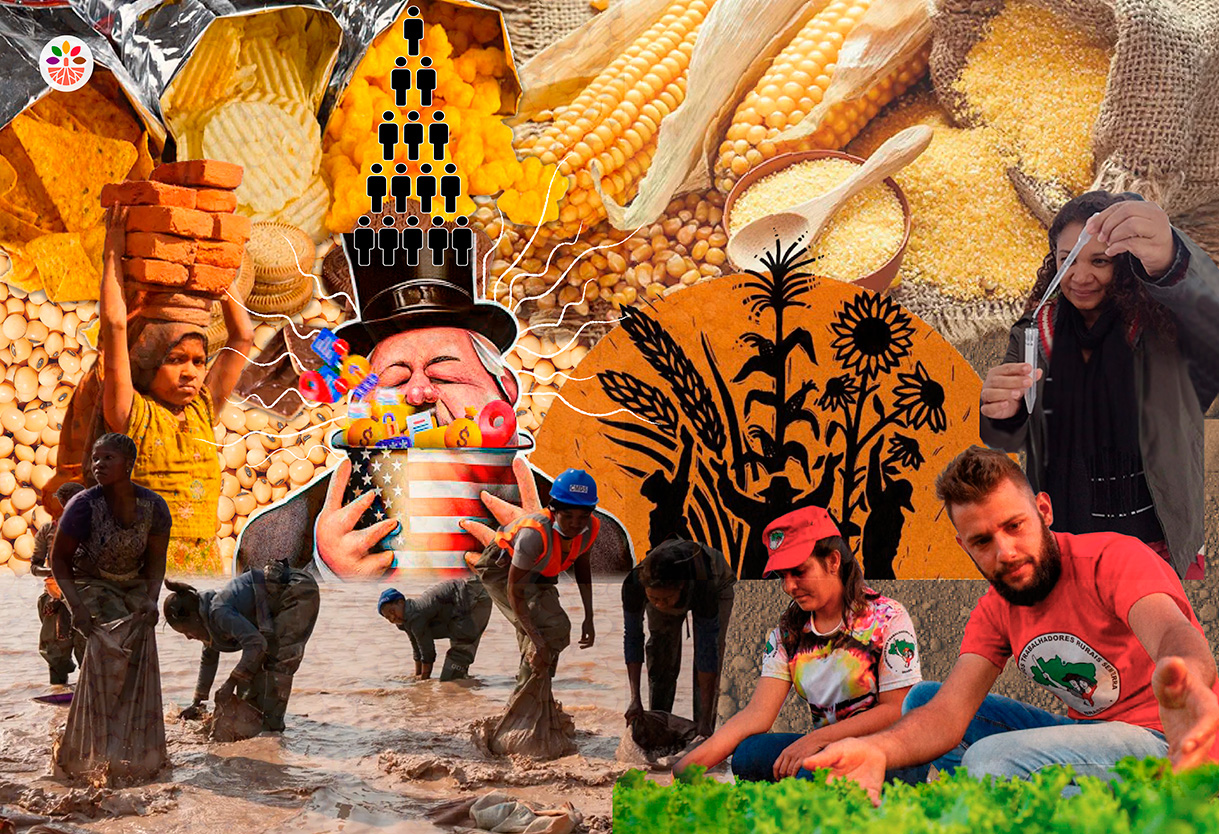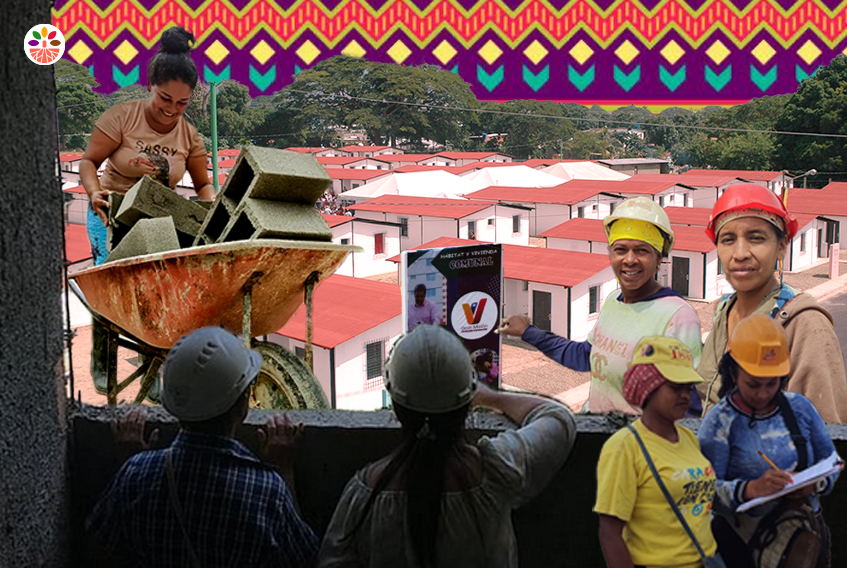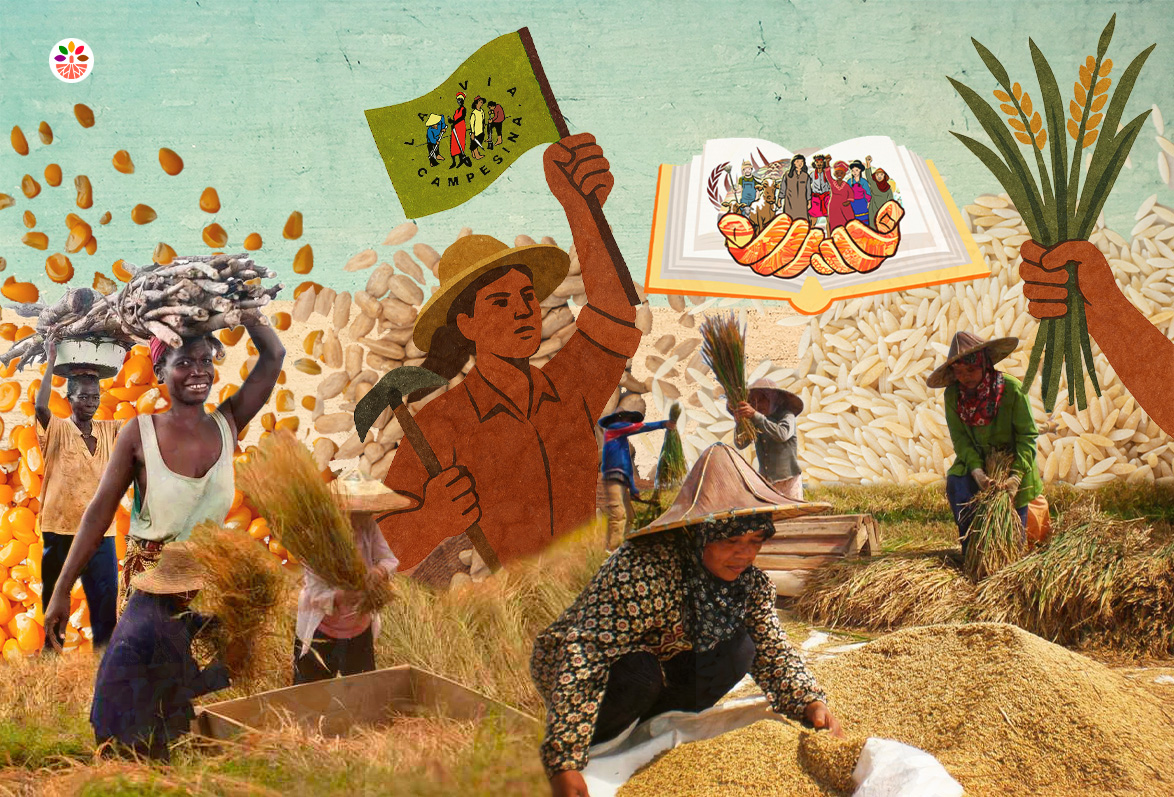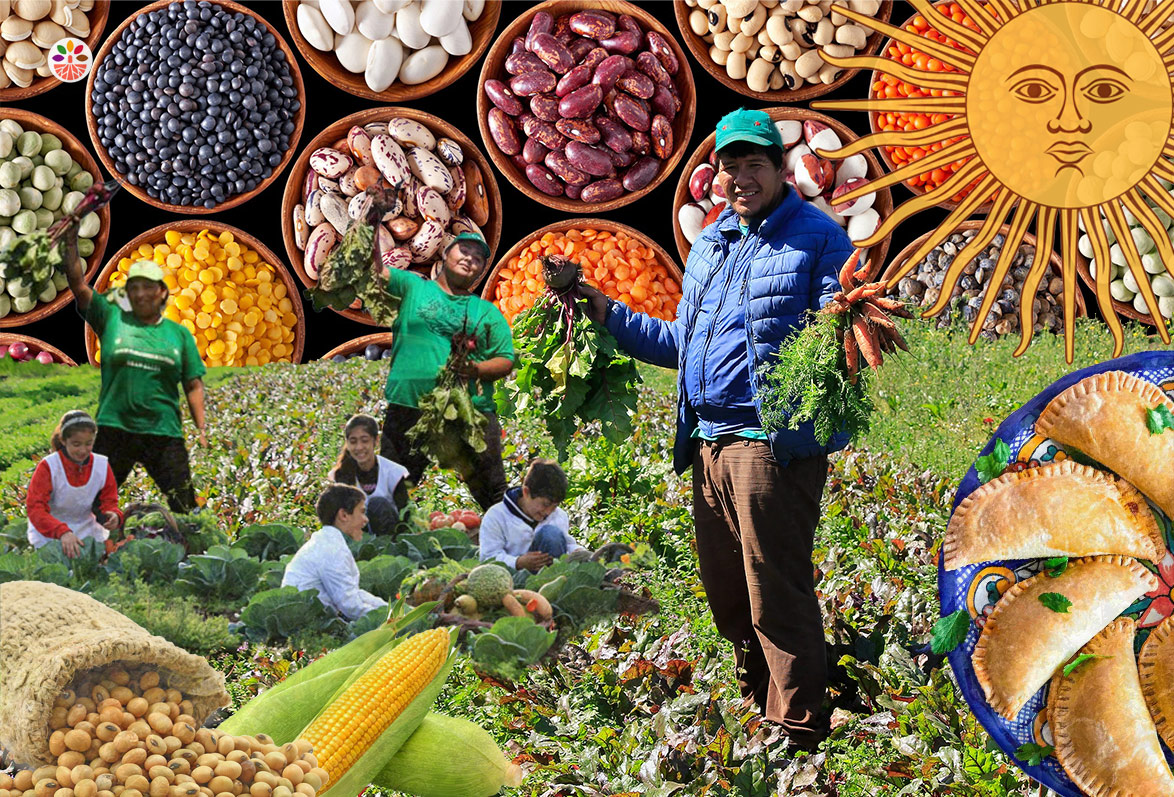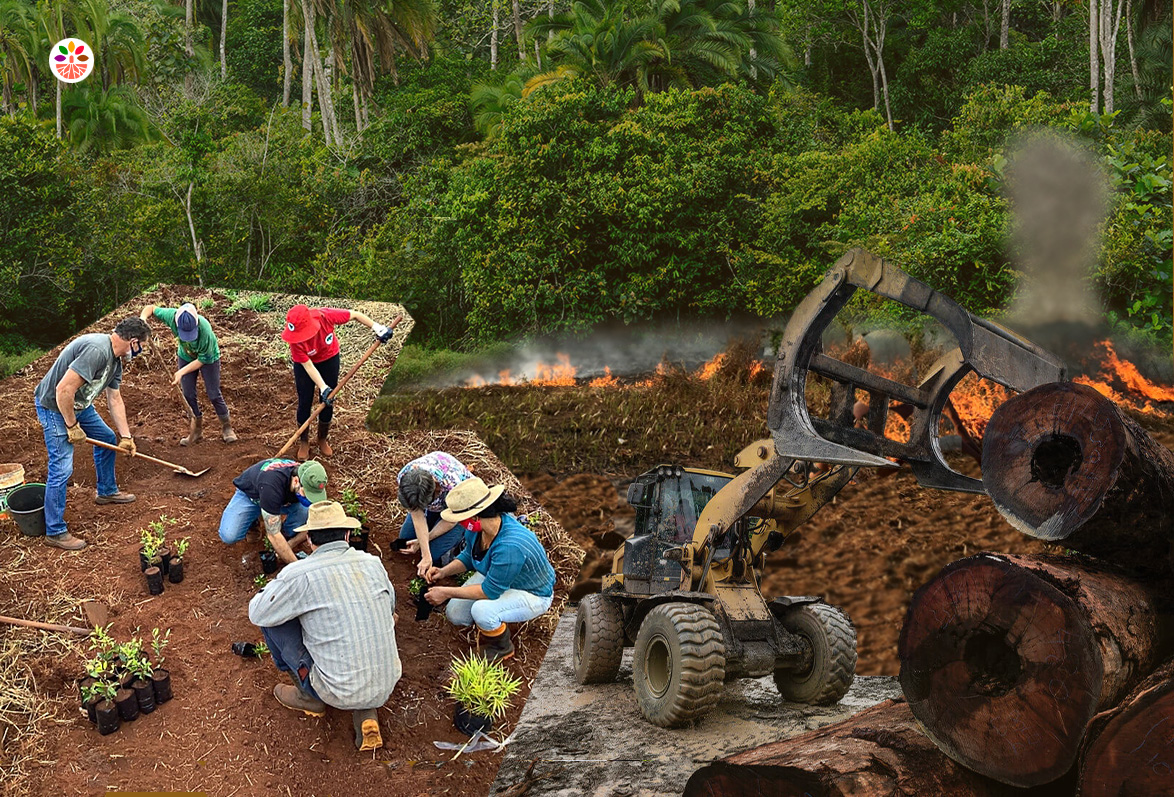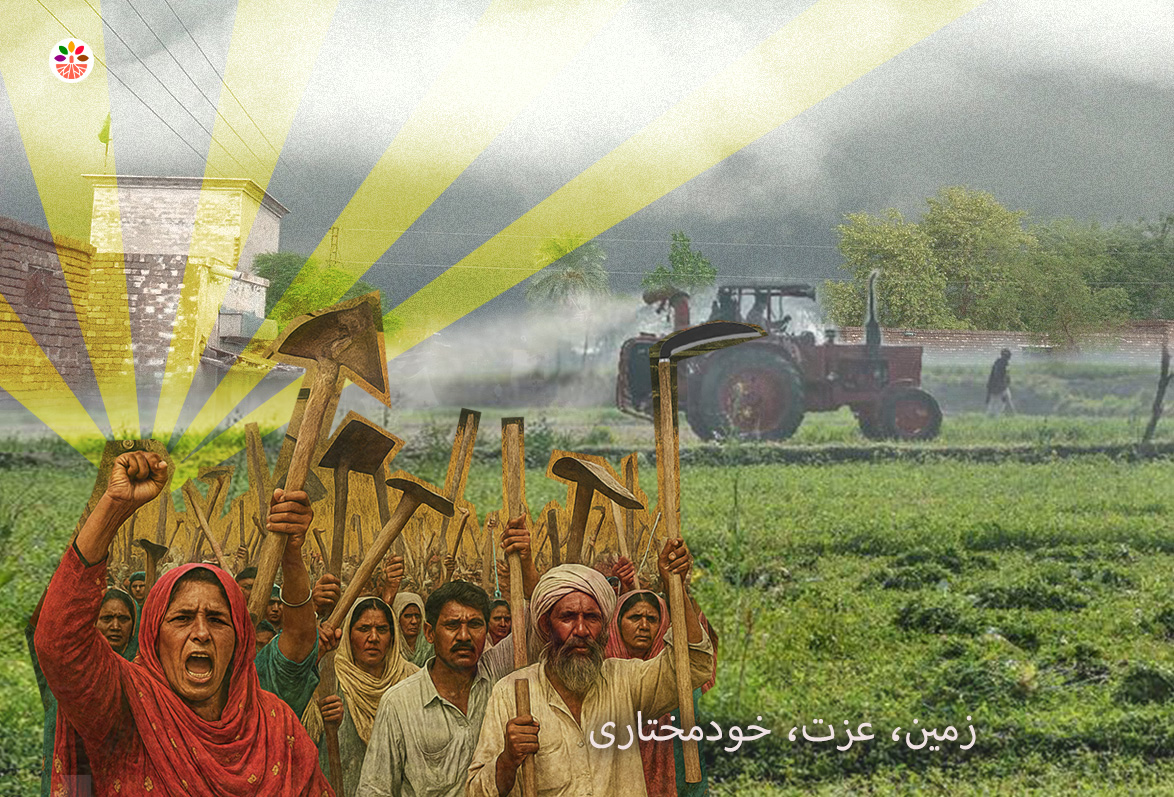The issue of land tenure and land distribution in the Global South is a central and structural issue in understanding the economic and social inequality that pervades these countries, and is an urgent and necessary debate for any revolutionary movement seeking to reverse this inequality in both rural and urban areas. From the time of colonisation to neoliberal capitalism, land has been concentrated in the hands of agrarian and economic elites, at the cost of the detriment of the peasantry. However, there have also been several experiences of peasant struggles, revolutionary processes, and governments that have sought, with different strategies, to reverse this inequality and democratise access to the land. The concept of "agrarian reform" is part of the programme of peasant movements in the Global South; however, partly because the ruling classes have made it a taboo subject, there is little education on it. With this in mind, the book "Experiences of Agrarian Reform in the world", published by Batalla de Ideas (Battle of Ideas), seeks to systematise the experiences of agrarian reform in different parts of the world, with the aim of providing a comprehensive overview and serving as an input for the training of activists. The book was coordinated by Joao Pedro Stédile, Brazilian economist and founder of the Landless Workers' Movement (MST) in Brazil.
